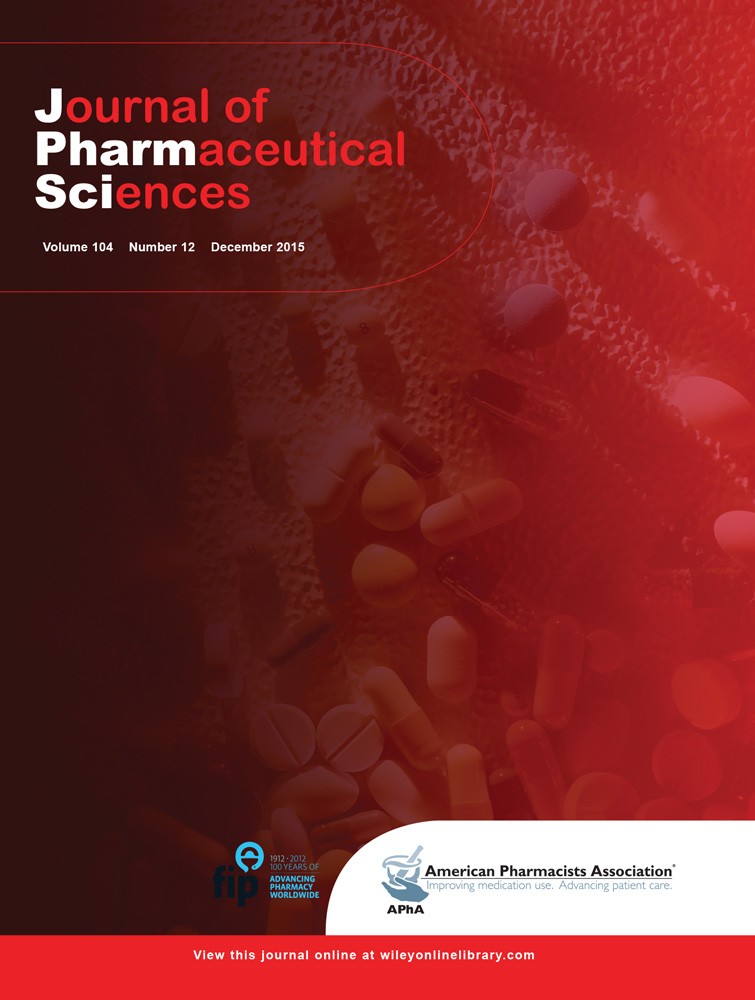Antimicrobial evaluation of some styryl ketone derivatives and related thiol adducts
Abstract
Acyclic α,β-unsaturated ketones were synthesized and treated with either 2-mercaptoethanol or cystenamine hydrochloride under the simulated physiological conditions. The thiol group of these model biological nucleophiles underwent Michael type addition to the activated double bond. The incubation of the bis-Mannich base of 3-benzylidene-2, 4-pentanedione with 2-mercaptoethanol, surprisingly, gave rise to the formation of 5- [(2-hydroxyethyl)thio]-1-phenyl-1-penten-3-one (8) in low yield. Evaluation of the compounds versus Gram-positive and Gram-negative bacteria and also a type of fungus indicated that the conjugated ketones and their adducts, except the bis-Mannich base, have antimicrobial activity at 10 μg/mL. The Mannich base, 3, showed antibacterial property against only Escherichia coli at 1000 μ/mL in spite of containing a bioactive styryl ketone structure and having deamination ability. However, the thiol adducts, which do not contain any α,β-unsaturated ketone function, exhibited similar antimicrobial potency to the conjugated ketone derivatives, possibly due to the exchange reaction with enzymes or coenzymes in the microorganisms.




